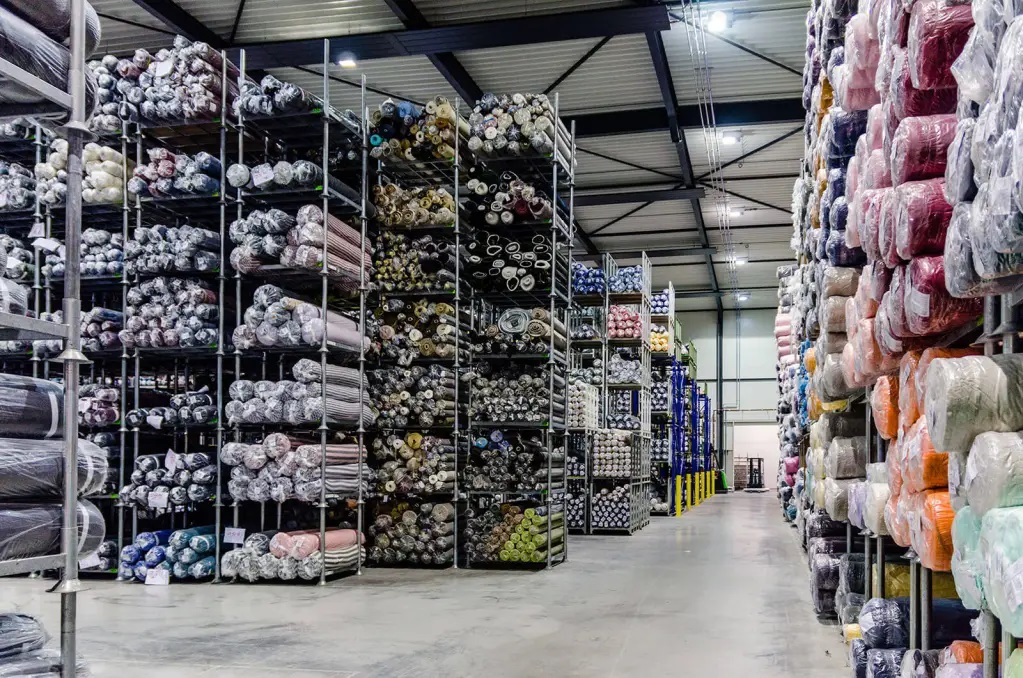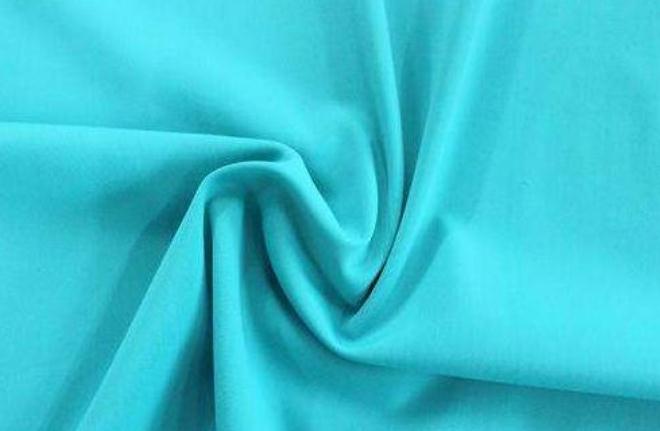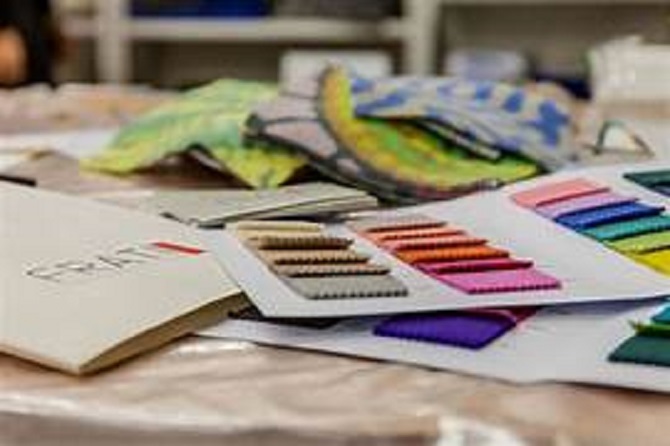This comprehensive exploration sheds light on the pivotal role of textiles manufacturers within the global textile industry, highlighting their contributions to the production, innovation, and supply of a diverse array of textile products. By delving into the strategies, technologies, and market dynamics employed by textiles manufacturers, this study unveils the crucial role they play in shaping the trajectory of the textile industry, driving economic growth, and fostering innovation in textile production and distribution.
Introduction
In the expansive landscape of the global textile industry, textiles manufacturers stand as the cornerstone, driving innovation, efficiency, and excellence in the production and distribution of a wide array of textile products. Their critical role in the textile ecosystem encompasses the implementation of cutting-edge technologies, the adaptation to evolving market dynamics, and the formulation of strategic approaches that underpin the industry’s growth and resilience. This exploration endeavors to unveil the pivotal role of textiles manufacturers, highlighting their contributions to the dynamic and ever-evolving global textile industry.
Unveiling the Critical Role of Textiles Manufacturers in the Global Textile Industry
The critical role of textiles manufacturers in the global textile industry transcends mere production; it entails fostering a culture of innovation, sustainability, and adaptability that drives the industry forward. From weaving intricate textiles to navigating complex supply chains, textiles manufacturers serve as the key players who not only meet the demands of a diverse and ever-changing market but also set new benchmarks for operational excellence and product quality. Unveiling their indispensable role offers valuable insights into the multifaceted nature of the textile industry and the integral contributions of textiles manufacturers to its enduring success and growth.
Understanding Textiles Manufacturing Processes and Technologies
Exploring the Diverse Techniques and Technologies Employed by Textiles Manufacturers
Textiles manufacturing processes and technologies form the bedrock of the operational efficiency and product quality that define textiles manufacturers’ capabilities. From traditional weaving techniques to state-of-the-art automated production lines, textiles manufacturers employ a diverse array of techniques and technologies to ensure the precise and efficient production of high-quality textiles. By embracing advanced machinery, innovative dyeing methods, and quality control systems, textiles manufacturers optimize their production processes, reduce waste, and uphold stringent quality standards, thereby reinforcing their position as leaders in the global textile manufacturing landscape.
Market Dynamics and Strategies in Textiles Manufacturing
Analyzing Key Market Trends and Business Strategies Adopted by Textiles Manufacturers
Amidst the ever-changing market dynamics of the textile industry, textiles manufacturers adeptly navigate a complex web of trends, challenges, and opportunities that shape the competitive landscape. By analyzing key market trends and consumer preferences, textiles manufacturers refine their business strategies to align with evolving market demands, capitalize on emerging opportunities, and mitigate potential risks. Whether it’s the adoption of sustainable practices, the expansion into new geographical markets, or the customization of product offerings, textiles manufacturers demonstrate a strategic agility that allows them to maintain a competitive edge and sustain growth in an increasingly dynamic and competitive global marketplace.
Innovation and Sustainability in Textiles Manufacturing
In an era characterized by increasing environmental consciousness and technological advancements, textiles manufacturers are at the forefront of embracing innovation and sustainable practices. By integrating cutting-edge technologies and eco-friendly manufacturing processes, they not only drive operational efficiency and product quality but also uphold their commitment to environmental stewardship and social responsibility.
Embracing Innovation and Sustainable Practices in the Textiles Manufacturing Sector
Embracing innovation and sustainable practices in the textiles manufacturing sector requires a holistic approach that encompasses the adoption of renewable energy sources, the implementation of water-saving techniques, and the utilization of biodegradable and recycled materials. By investing in research and development, textiles manufacturers can pioneer the development of eco-friendly fibers and textiles that not only meet the demands of a discerning consumer base but also contribute to the preservation of natural resources and the reduction of the industry’s carbon footprint. Embracing innovation and sustainability is not only a strategic imperative but a moral obligation that underscores the industry’s dedication to fostering a more sustainable and responsible future.
Global Supply Chain and Distribution Networks
Navigating the Intricacies of Global Supply Chains and Distribution Networks in Textiles Manufacturing
The intricacies of global supply chains and distribution networks pose both challenges and opportunities for textiles manufacturers. From sourcing raw materials from diverse geographical locations to ensuring the timely delivery of finished products to international markets, textiles manufacturers must navigate a complex network of logistical challenges, regulatory compliance, and market fluctuations. By fostering robust partnerships, implementing effective inventory management strategies, and leveraging advanced supply chain technologies, textiles manufacturers can optimize their distribution networks and enhance their competitive advantage in the global marketplace, ensuring the seamless flow of products and resources across borders and continents.
Future Outlook for Textiles Manufacturers
Anticipating Future Trends and Challenges in the Dynamic Landscape of Textiles Manufacturing
The future outlook for textiles manufacturers is marked by a convergence of technological innovation, sustainability imperatives, and shifting consumer preferences. Anticipating future trends and challenges requires a proactive approach that embraces digital transformation, anticipates shifts in consumer behavior, and addresses emerging regulatory and environmental concerns. From the integration of automation and artificial intelligence in production processes to the customization of product offerings and the enhancement of customer experiences, textiles manufacturers must stay vigilant and adaptive to thrive in an increasingly dynamic and competitive landscape. By fostering a culture of continuous innovation, sustainability, and resilience, textiles manufacturers can position themselves as trailblazers in the global textiles manufacturing industry, driving progress and shaping the future of textile production and distribution.




